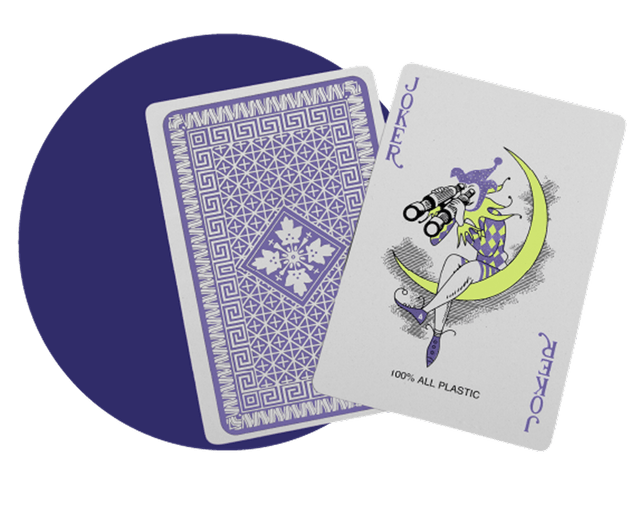
AI and the Retail Marketer’s Future
How AI transforms strategy and processes, driving the adoption of Positionless Marketing
Optimove Connect 2026: Join us in London on March 11–12 to master Positionless Marketing
Exclusive Forrester Report on AI in Marketing
Marketing technology (also known as martech) describes the systems and tools that help marketers better engage with customers. These products use technology to automate many of the time-consuming and repetitive tasks that machines are good at, freeing up more of marketers’ time to focus on the creative and strategic sides of their profession.
Marketing technology can address one or more marketing activity layers, such as customer data aggregation and cleansing, data analysis, insight generation, customer segmentation and targeting, execution of customer communications and automatic optimization of recurring marketing campaigns.
Here are some best practices for developing a winning martech strategy:
Go top-down – Build a martech “stack” in a top-down manner, starting with the company’s overall marketing strategy and goals. By thinking in broad terms of high-level objectives, you will reach better decisions on what specific capabilities and measurements you need to support.
Include all data – Carefully consider all existing data sources that should be integrated to achieve your martech goals, and ensure that the solutions you select can work with those sources. Having a complete customer profile, based on all available data, is critical.
Integrate with all channels – Carefully consider all the marketing and communication channels that you need now – as well as those you expect to use in the foreseeable future. Only through effective coordination among all channels – email, SMS, on-site/in-app, online advertising, social media, call center, etc. – will your martech stack enable you to optimize the overall customer experience. No more silos!
Collaborate with IT – Work closely with IT during the definition, selection and implementation stages. While the goal of most martech solutions is to free marketers from extensive reliance on IT, the participation and buy-in of the IT department is almost always necessary for building (and maintaining) a productive martech stack.
Measure and optimize – Continuously measure and optimize how your martech strategy is working. Don’t be afraid to rethink decisions and make changes as required!
As more and more advertising and marketing technologies become commonplace, it’s natural for the lines to blur between the two. In brief, you can differentiate between these two technology stacks as follows:
Adtech, the acronym for advertising technology, refers to technological tools used for the targeting, buying/selling, display and measurement of digital advertising. Companies typically use adtech to manage, measure and optimize how they advertise in order to acquire new customers. The main types of adtech systems are:
On the other hand, martech refers to technological tools used to deliver, measure and optimize communication with both potential and existing customers via website, email, social media, mobile and other channels. The main types of martech systems are:
Data unification – It has never been more important to ensure that all available customer data is consolidated, cleansed and made available for analytics, insight and action. A suitable customer data platform (CDP) is now considered the best way to achieve this.
Director of marketing data – Because of the importance of customer data management to effective marketing – and the importance of maintaining data security and privacy – more and more organizations are hiring or appointing a full-time manager to ensure that all available customer data is being effectively collected, integrated and utilized for marketing purposes. Other titles for this role include marketing data architect and marketing data manager.
Artificial intelligence and large-scale automation – There is currently an explosion in the number of martech tools employing artificial intelligence (AI) to analyze data, generate insights and predictions about customer behavior, make recommendations, optimize campaigns and/or personalize communications for individual customers. AI automates a wide variety of large-scale tasks that are time-intensive (or simply impossible) for humans, freeing marketers to focus more on the creative and strategic aspects of their work.
Personalized realtime engagement – The meeting of realtime customer data integration and AI-driven automation enables marketers to deliver highly personalized and uniquely powerful messages/incentives for individual customers, in immediate response to customer actions, scenarios and preferences. Giving customers what they want when they need it, immediately addressing and mitigating bad experiences and otherwise providing desirable messaging in realtime, at scale, is the future of automated B2C marketing.
Data privacy – Marketers and martech vendors alike are more tuned into data privacy and regulations than ever before. GDPR and CCPA have joined HIPAA, the EU-US and Swiss-US Privacy Shield Frameworks and numerous other consumer privacy laws. Plus, data privacy incidents have captured the interest of news and media outlets. More regulations, greater fines and more consumer awareness have combined to force marketers to pay much closer attention to their data-related tactics and tools than in the past.
Optimove is the world’s leading Relationship Marketing Hub, applying the most advanced marketing technologies to automatically orchestrate large-scale, personalized, multi-channel customer marketing. In a nutshell, Optimove helps marketers implement a systematic approach to planning, executing, measuring and optimizing a complete, highly personalized customer marketing plan. The result is maximized customer retention, loyalty and lifetime value.
Request a Web demo and learn how you can use Optimove to convert more customers, increase the spend of existing customers and reduce customer churn.
Exclusive Forrester Report on AI in Marketing
In this proprietary Forrester report, learn how global marketers use AI and Positionless Marketing to streamline workflows and increase relevance.



